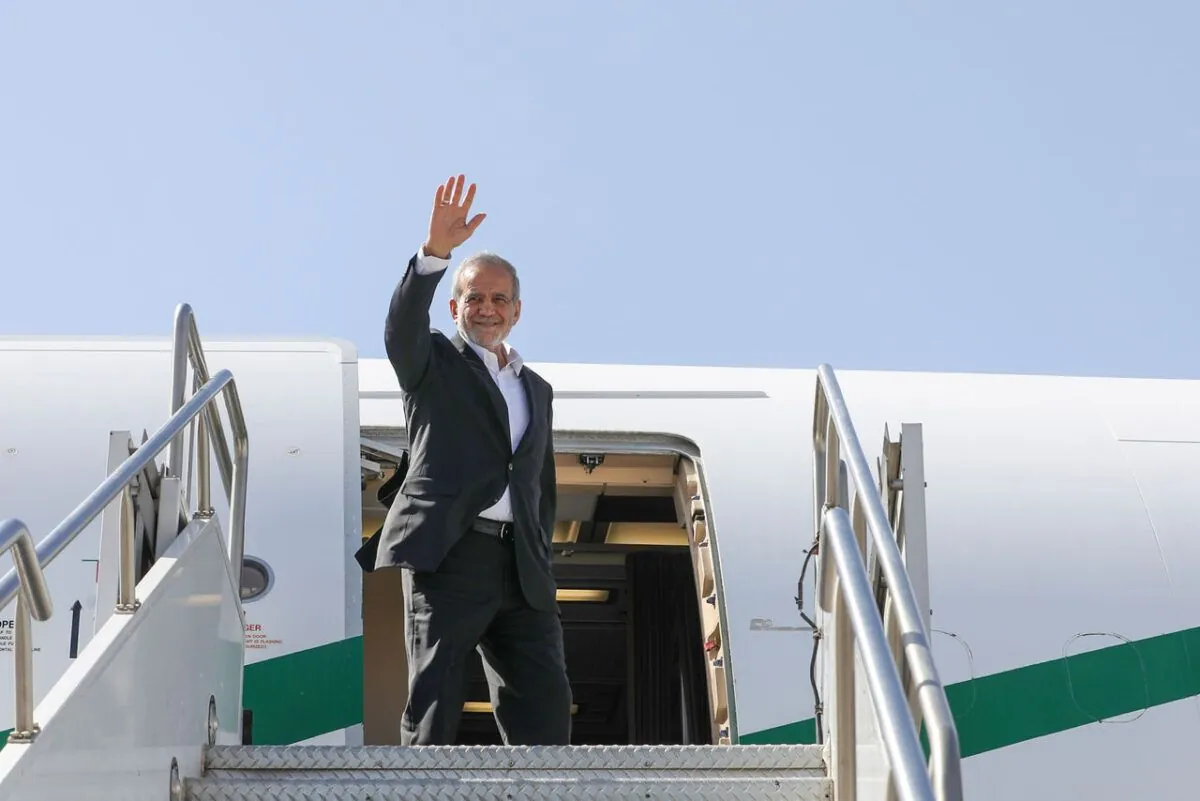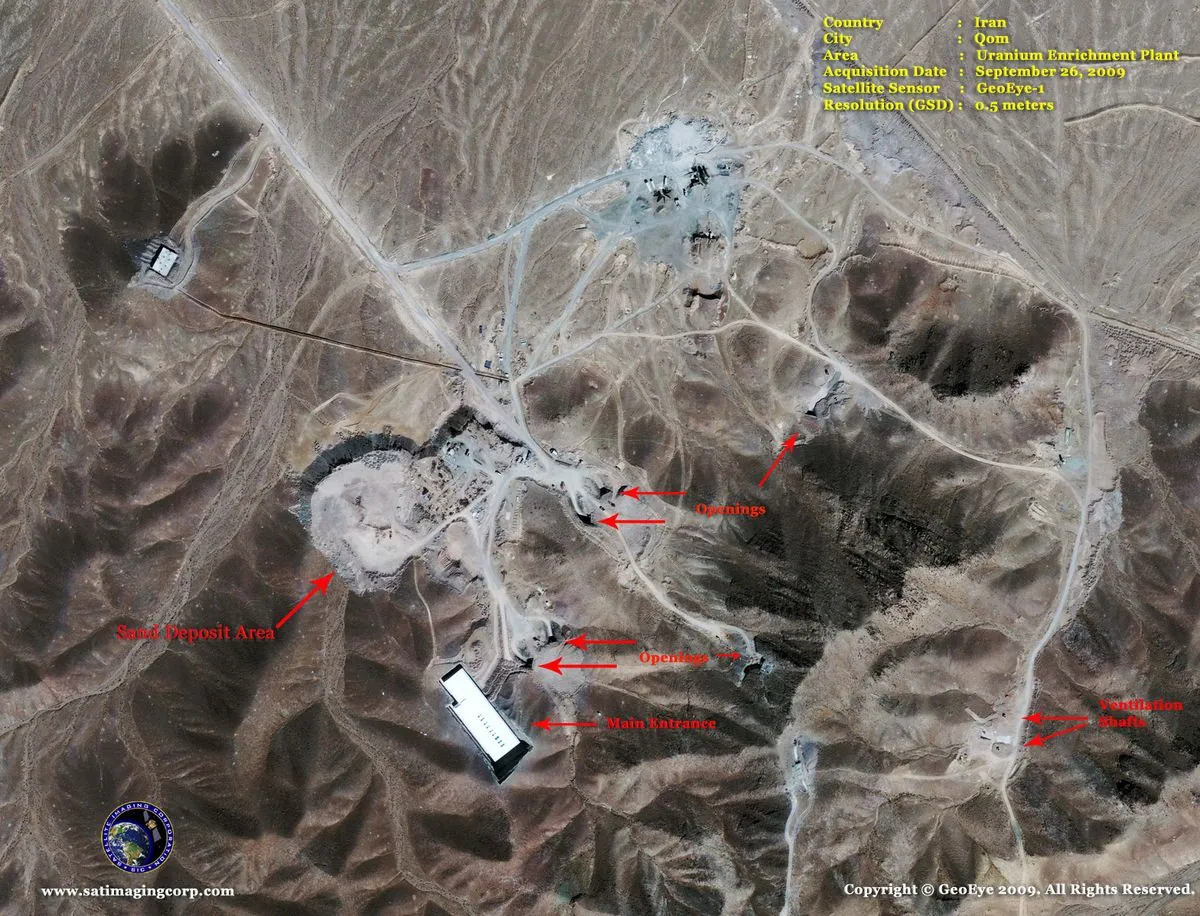Iran's President to Test Diplomatic Waters at UN Amid Nuclear Tensions
Iranian President Pezeshkian to attend UN General Assembly, seeking diplomatic openings with European officials. Tensions over nuclear program and regional conflicts complicate potential negotiations.

As the United Nations General Assembly convenes in New York, President Masoud Pezeshkian of Iran is set to make his first Western appearance since his election in July 2024. This diplomatic foray comes at a critical juncture, with tensions high over Iran's nuclear program and its regional activities.
The timing of Pezeshkian's visit is significant, occurring just six weeks before the November 5, 2024, US presidential election. This political backdrop adds complexity to any potential diplomatic initiatives, as the outcome could dramatically shift US policy towards Iran.
Iranian officials have indicated that Pezeshkian, considered a relative moderate, will convey Tehran's openness to dialogue while maintaining a firm stance against external pressure. The Iranian leadership seeks relief from US sanctions imposed on its nuclear program, but recent events have complicated the diplomatic landscape.

Iran's support for Hamas following the October 7, 2023, attack on southern Israel, and its increased backing of Russia in the Ukraine conflict, have strained relations with Western powers. Additionally, recent incidents involving Iranian-backed Hezbollah have raised concerns about a potential wider conflict in the region.
The European powers known as the E3 - Britain, France, and Germany - are pushing for a tougher approach to bring Iran back to the negotiating table. These nations, signatories to the 2015 nuclear deal, are concerned that the upcoming US election may limit the window for diplomatic progress.
"With their election approaching, the Americans are not ready for serious negotiations ... However, if necessary, we will initiate contact with the Europeans and will not wait for the U.S."
This statement reflects Iran's willingness to engage with European partners independently of US involvement. However, the scope for substantial progress remains limited, with both sides acknowledging the challenges ahead.
Experts suggest that interim measures, such as limited sanctions relief in exchange for expanded IAEA monitoring of Iran's nuclear facilities, could be a potential avenue for de-escalation. However, the looming expiration of UN Security Council Resolution 2231 in October 2025 adds urgency to diplomatic efforts.
As the international community watches closely, the outcome of these diplomatic encounters at the UN General Assembly could set the tone for future negotiations on Iran's nuclear program and its role in regional geopolitics.


































